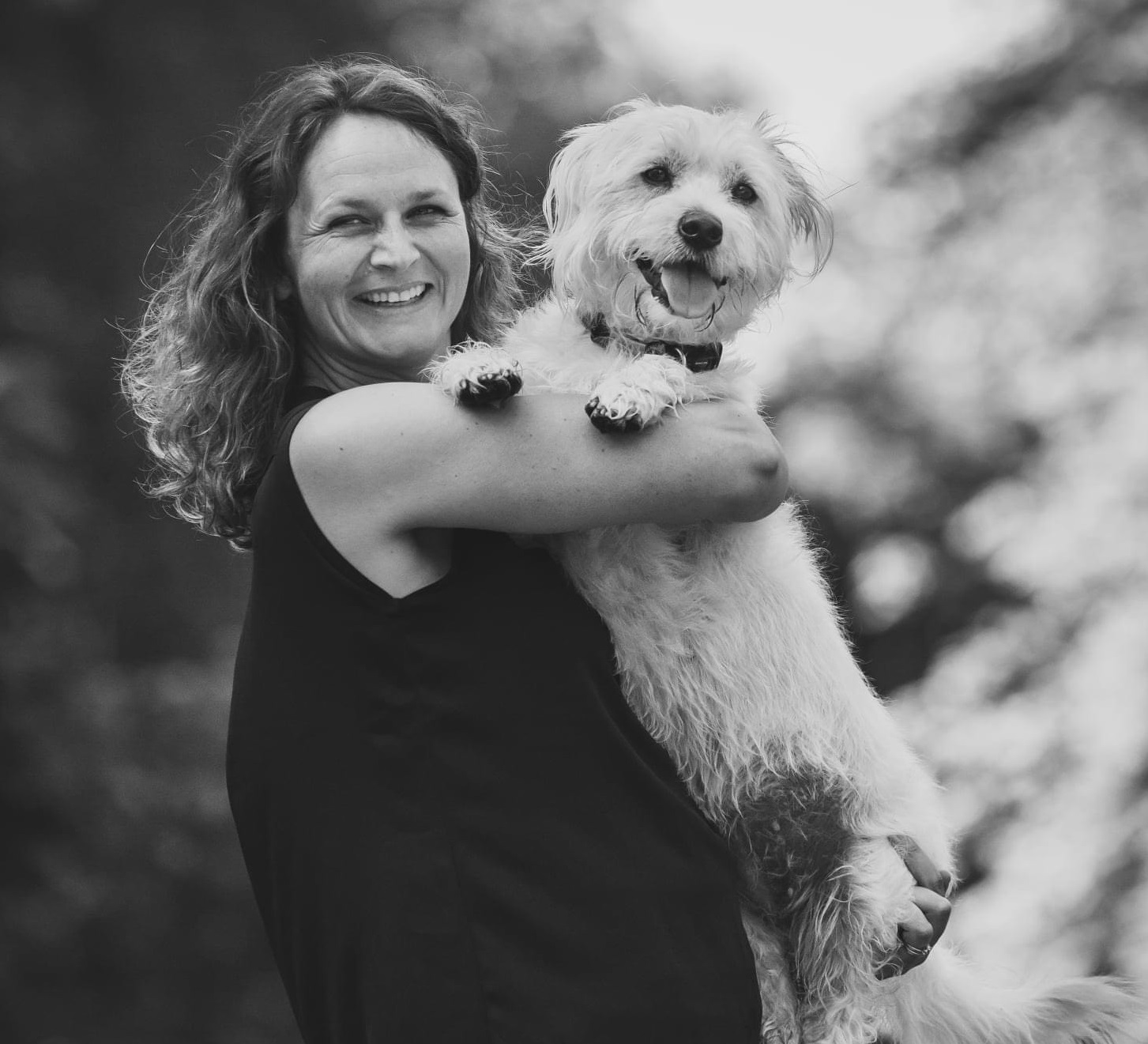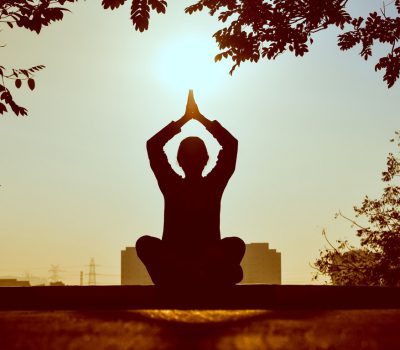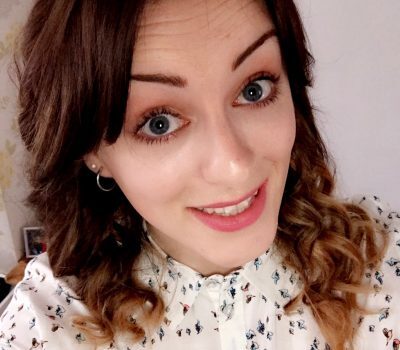


Our team sorts through all blog submissions to place them in the categories they fit the most - meaning it's never been simpler to gain advice and new knowledge for topics most important for you. This is why we have created this straight-forward guide to help you navigate our system.


And there you have it! Now your collection of blogs are catered to your chosen topics and are ready for you to explore. Plus, if you frequently return to the same categories you can bookmark your current URL and we will save your choices on return. Happy Reading!
Students are often asked to read their work out in class but it wasn’t until Donna attended a writing group that she could sympathise with them. She was asked to read her work out- she felt nervous.
In this blog, she encourages us to step out of our comfort zone, but also to realise what is expected of our students almost daily.

We often expect students to take risks, to think outside the box, to stand up and read out their work, to have a go even if it’s wrong. We mark their work but always with an emphasis on what you could do to improve, because we know it will help them to grow: academically, emotionally, and reflectively. We tell them that it is ‘okay to make mistakes’, ‘we learn best from the mistakes we make’, that they should just ‘have a go’. This is acceptable and encouraged in the classroom.
And then, I put myself in that situation.
I like writing, I’ve often written short pieces, reflected on good days and bad days, wrote poems and short stories, in fact – Big Write was my favourite time of the week, where I could legitimately join in with the children for forty minutes of silent writing.
I decided to join an adult writing group – they met monthly and it would allow me to focus on my own writing, to develop my latent interest. I sat in that room and felt my insides turn to water, as the group leader introduced me to the ream of writers that sat around the table in the local library. I listened to her input of the stimulus for today’s write and felt the weight of silence as the timer began and everyone started to scribble their work. My brain froze. I started to question my ability. Was I good enough? What if what I wrote seemed too childlike? I had been teaching in primary for many years and my writing was based around what my class were working on. I started one idea, switched to another and then finally settled into writing a piece. As the alarm sounded, I was fairly pleased with where my ‘alternative fairy tale’ had taken me. Until we were asked if we wanted to share our writing. I couldn’t do it. I felt myself blushing. It wasn’t good enough. Every sentence seemed wrong. My head was buzzing with the pressure of feeling like I should read out. Fortunately, the reading out was optional. I declined. I listened to others. I listened to the feedback given.
I remember reflecting on the experience on my way home, I had loved it and was pleased to be carving out some writing time just for me. I couldn’t wait for the next session.
Back at school, as I ran my creative writing class, and I encouraged children to read out, I realised that they were so very brave, that they felt so comfortable with their work and how they felt with me and their peers, that they would read out with confidence. I noticed some children who wanted to read their work but looked afraid to, and I started to offer to read it for them. The look on their face when they heard their work read was priceless. The support and feedback were always so positive. And so, I vowed that I needed to show the bravery and the belief in my work as my class did in theirs. I needed to be 10% braver.
The following session at the writing group, I read out. I could feel my voice wavering, my breath was short and wispy, my leg was shuddering and the words seemed as if they were swimming across the page. My face suffused with heat as I came to the end of my piece. It was received well and the feedback was positive – why wouldn’t it be – we were all like-minded adults after all. But that moment of putting myself in that feeling of uncertainty opened my eyes to what some students must feel every day.
And so, I urge every one of us to be 10% braver, to put ourselves in a vulnerable position where we are not the expert in the room and to embrace that feeling. Who knows where it will take us? My leap of bravery into developing my writing has taken me on to wonderful opportunities involving blogs, podcasts and a possible book, but wherever you throw your budding talents, it will definitely add a much-needed reminder about understanding our students and the 10% braver challenge that they face each and every day.

The author

Read more

Read more

Read more

Read more

Read more

Read more

Read more

Read more


Are you looking for solutions? Let us help fund them! Nexus Education is a community of over 11,000 schools that come together to share best practise, ideas and CPD via online channels and free to attend events. Nexus also offers funding to all school groups in the UK via nexus-education.com


Established in 2011, One Education is a company at the heart of the education world, supporting over 600 schools and academies. Our unique appeal as a provider is in the breadth and synergy of the services we offer, supporting school leaders, teachers and support staff to achieve the best possible outcomes for their pupils and staff.

School Space is a social enterprise that has empowered schools for over 12 years through their profitable and hassle-free lettings services. So far, they’ve generated over £5 million in revenue for education, helping to connect over 200 schools with their local communities.


Unify is an online sales and marketing tool that allows users to create tailored personalised documents in moments.


There’s nothing special about the energy we sell. In fact, it’s exactly the same energy as all our competitors provide. But there is something special about the way we do it. Where others complicate the process, we simplify it. Where others confuse customers with hidden terms, we’re an open book. And where others do all they can to make as much money from their customers as possible, we do all we can to make as little. Everything we do, we do it differently. Our customers are a privilege. One we’ll never take advantage of.


Securus provide market-leading monitoring solutions to safeguard students on ALL devices both online and offline. We also offer a full monitoring service, where we carry out the monitoring on behalf of the school, freeing up valuable staff resources. From the smallest school to large MAT groups, Securus offers safeguarding protection for all!


Bodet Time offers dedicated solutions to education through lockdown alerts, class change systems, PA and synchronised clock systems. Improving time efficiency of the working and school day; ensuring safety through lockdown alerts; increasing communication with customised broadcast alerts.


Robotical makes Marty the Robot - a walking, dancing coding robot that makes programming fun and engaging for learners as young as 5. Our robots come with a full Learning Platform that has complete teaching resources, to make lesson planning a breeze.